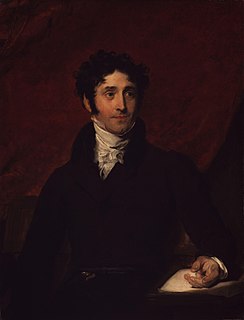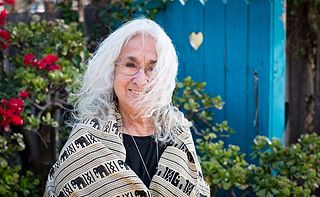A Quote by Derrick Jensen
Related Quotes
It has not been definitively proved that the language of words is the best possible language. And it seems that on the stage, which is above all a space to fill and a place where something happens, the language of words may have to give way before a language of signs whose objective aspect is the one that has the most immediate impact upon us.
We believe we can also show that words do not have exactly the same psychic "weight" depending on whether they belong to the language of reverie or to the language of daylight life-to rested language or language under surveillance-to the language of natural poetry or to the language hammered out by authoritarian prosodies.
To demarcate [words in way that changes the meaning] is simply to speak a different language than everyone else. And I do not accept semantic games like that. [...] We need to use words as they are actually used and understood. We can correct errors and inconsistencies and make distinctions. But we can't try to foist an alien language on people.
Each time I write, each time the authentic words break through, I am changed. The older order that I was collapses and dies. I lose control. I do not know exactly what words will appear on the page. I follow language. I follow the sound of the words, and I am surprised and transformed by what I record.
The being level speaks the language of art, music, color shape and pattern directly -- a language that requires no words -- is not limited by words -- nor does it have the specificity of words and thus cannot be broken onto parts that can be manipulated or analyzed by the intellect. It must be swallowed, whole not parsed, sorted and justified.
Being a slow reader would normally be a deficiency; I found a way to make it an asset. I began to sound words and see all those qualities - in a way it made words more precious to me. Since so much of what happens in the world between human beings has to do with the inconsideration of language, with the imprecision of language, with language leaving our mouths unmediated, one thing which was sensuous and visceral led to, in the use of language, a moral gesture. It was about trying to use language to both exemplify and articulate what good is.


































